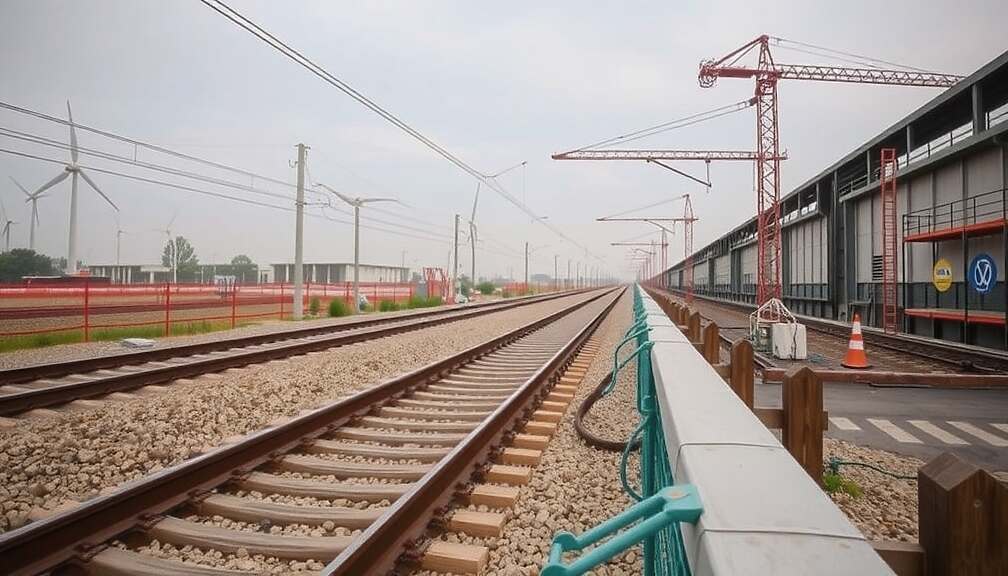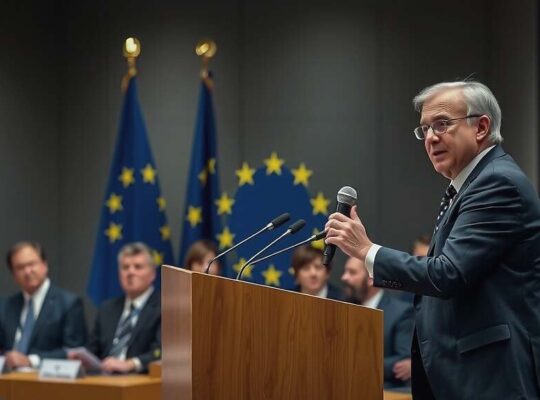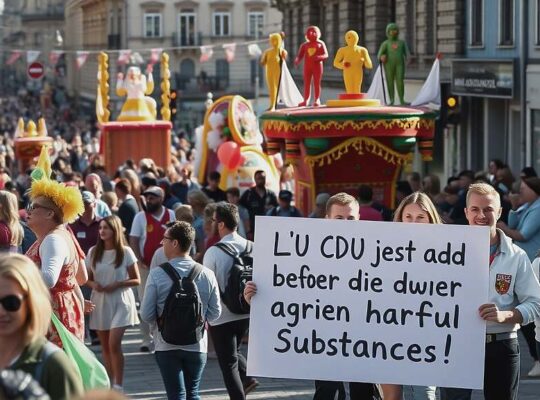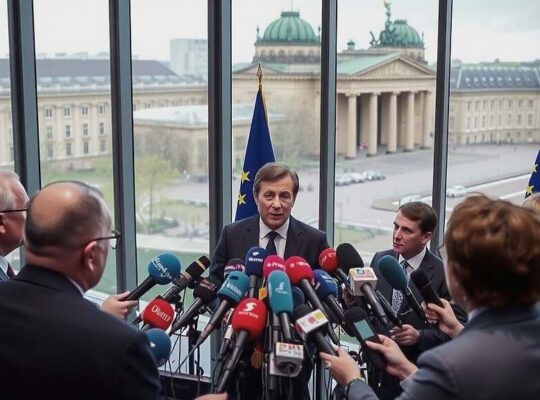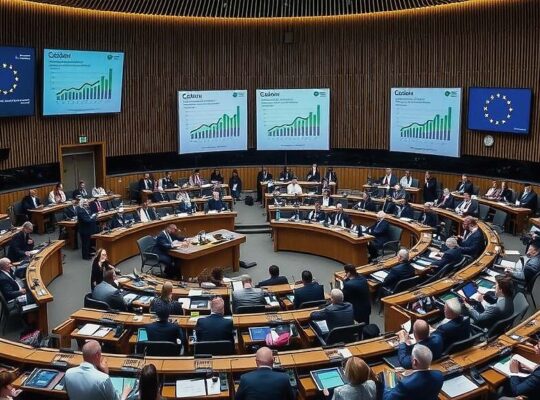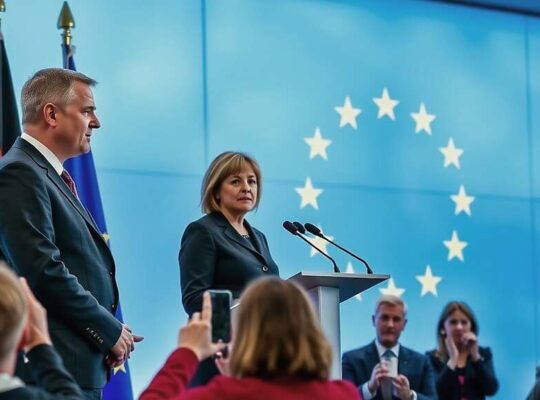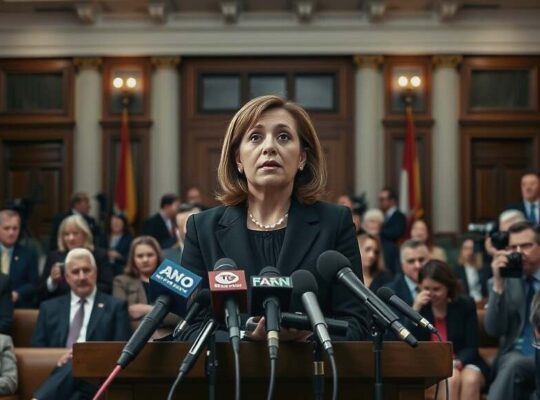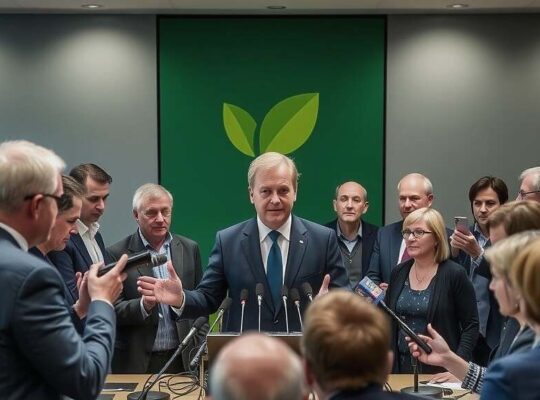A cloud of uncertainty hangs over Germany’s ambitious €500 billion “Special Fund for Infrastructure and Climate Neutrality” with a new study suggesting a significant portion of the funds may be diverted from their intended purpose. Research from the Institut der deutschen Wirtschaft (IW), a business-affiliated economic think tank, reveals a potential for up to half of the fund’s resources to be utilized for alternative projects, challenging the transparency and effectiveness of the government’s climate and infrastructure agenda.
The IW report, detailed in a Financial Times Germany article, highlights a discrepancy between the government’s declared investment plans and the likely allocation of capital. While the black-red coalition boasts a promised €164 billion increase in investment between 2025 and 2029 compared to previous projections, a substantial €42 billion is earmarked for transfer to the states (Länder). The crucial question, as the IW study points out, is whether these funds will genuinely stimulate “additional” investment or simply redistribute existing resources.
Economist Tobias Hentze, the report’s author, characterizes the situation as a “complex railway station with many tracks” implying a lack of clear direction and potential for bureaucratic maneuvering. Beyond the uncertainties surrounding state-level allocation, the report also identifies a concerning trend of shifts within the core federal budget. These reallocations, while technically permissible, raise questions about the true impetus for investment and whether they represent a commitment to long-term, transformative projects or a series of short-term adjustments.
Critics are already voicing concern that the fund’s structure, allowing for such flexibility, creates a breeding ground for “zweckentfremdung” or the misappropriation of funds. The lack of robust oversight and clear performance indicators, coupled with the intricate interdependencies within the budget, risks undermining the fund’s potential to drive meaningful progress towards Germany’s climate and infrastructure goals. The situation calls for greater scrutiny of the government’s financial practices and a firmer commitment to ensuring that taxpayer money is directly contributing to the stated objectives of the Special Fund.


